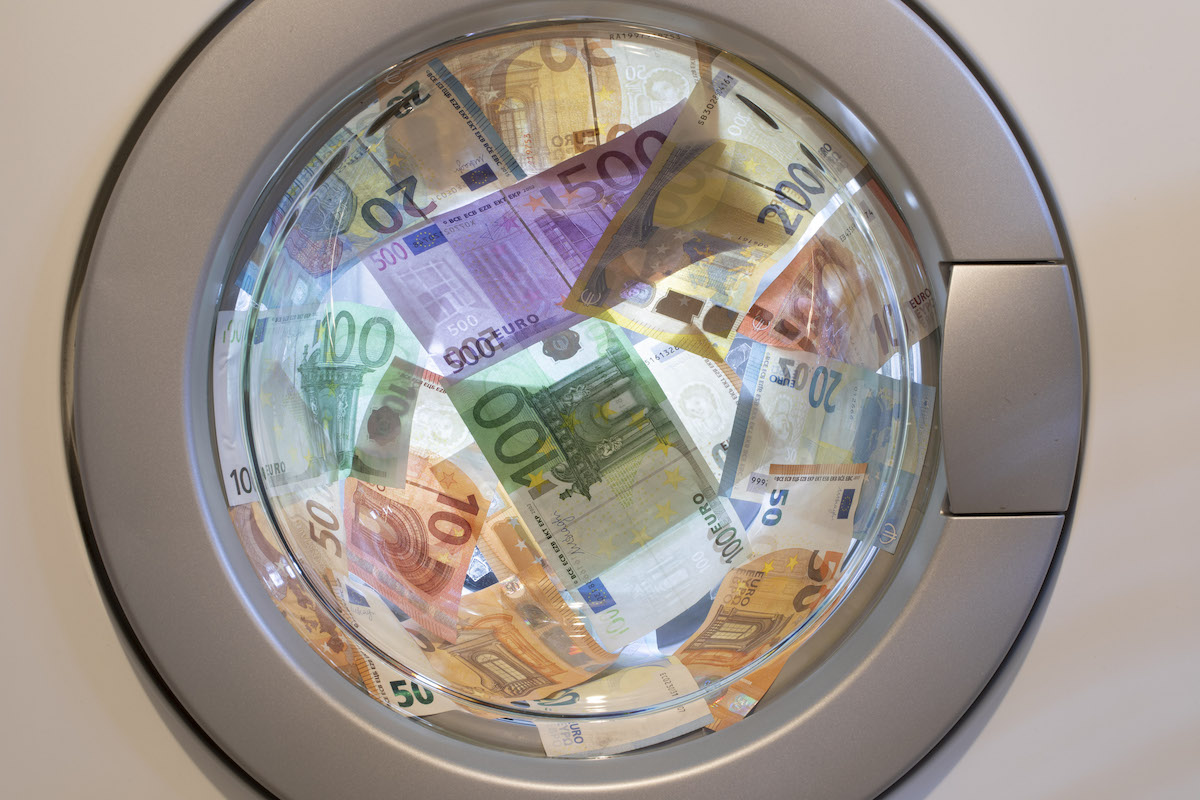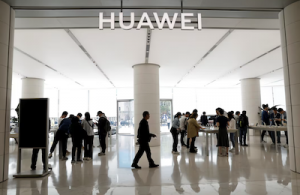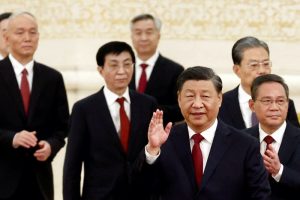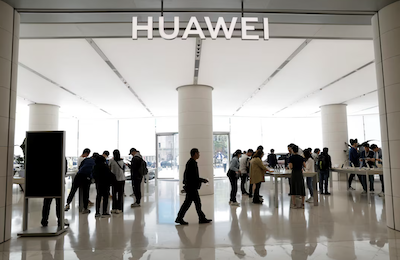Shares in major banks including HSBC, Deutsche Bank and JPMorgan Chase were hammered on Monday following allegations they had handled huge sums of dirty money for almost 20 years.
An investigation by Buzzfeed News and the International Consortium of Investigative Journalists (ICIJ) alleges that potentially dubious transfers worth about US$2.0 trillion took place at a host of banks between 1999 and 2017.
Five banks – JPMorgan Chase, HSBC, Standard Chartered, Deutsche Bank and Bank of New York Mellon – were specifically accused of continuing to move the assets of alleged criminals, even after being fined for earlier failures to stem flows of dirty money.
In New York, JPMorgan fell 3.1% following bruising sessions for other large banks named in the report.
In Frankfurt, Deutsche Bank’s stock gave up 8.8%, while Standard Chartered, another bank named in the international probe, was down by 5.8% in London.
Earlier in Hong Kong, HSBC shares fell to their lowest level in 25 years, closing with a loss of 5.3%.
In addition to being named in the investigation, a report said HSBC might be on Beijing’s “unreliable entity list” as part of a tit-for-tat stand-off with several western countries.
The Dutch bank ING was also named in the probe, and its shares fell by 9.3% in Amsterdam.
Dutch media reported that an ING subsidiary in Poland had helped clients get suspect funds out of Russia for several years.
“Profits from deadly drug wars, fortunes embezzled from developing countries and hard-earned savings stolen in a Ponzi scheme were all allowed to flow into and out of these financial institutions, despite warnings from the banks’ own employees,” the investigation found.
Suspicious activity reports
It was led by more than 100 international media outlets from 88 countries and is based on more than 2,000 suspicious activity reports (SARs) submitted to the US Treasury Department’s financial law enforcement agency, FinCEN, by banks.
That said, “SARs are not crime or fraud reports, or evidence of wrongdoing, but alerts to potential instances of economic crime,” noted UK Finance, a sector lobby group, in a statement.
“Law enforcement may sometimes request firms keep a client relationship ongoing to support further investigations,” the group added.
Greg Baer, president of the Bank Policy Institute, a Washington lobbying and research organisation, offered a similar defence.
“Clearly, there is more to this story, but unfortunately the reporting failed to unearth it, and the banks are legally prohibited from telling their side,” Baer said on Twitter.
‘Hollow’ banking safeguards?
In its introduction to the report, BuzzFeed News nonetheless said: “These documents, compiled by banks, shared with the government, but kept from public view, expose the hollowness of banking safeguards, and the ease with which criminals have exploited them.”
HSBC told the investigation team it has always met its legal duties on reporting suspicious activities.
A bank statement said it had been overhauling its ability to combat financial crime and underscored that “HSBC is a much safer institution than it was in 2012,” when it signed an accord with the US Justice Department on the issue.
A Deutsche Bank statement said the transactions in question were “well known to our regulators” and added that it invested “billions of dollars to more effectively support authorities in this effort.”
The bank was “very focused on meeting our responsibilities and obligations,” the statement said.
ING said it had stopped working with one of the suspected enterprises in 2018 and was preparing to cut off relations with a second.
JPMorgan said it has employed “thousands” of employees and invested “hundreds of millions of dollars” to combat illicit activity.
“We have played a leadership role in anti-money laundering reform that will modernise how the government and law enforcement combat money laundering, terrorism financing and other financial crimes,” the bank said in a statement.
– AFP
























